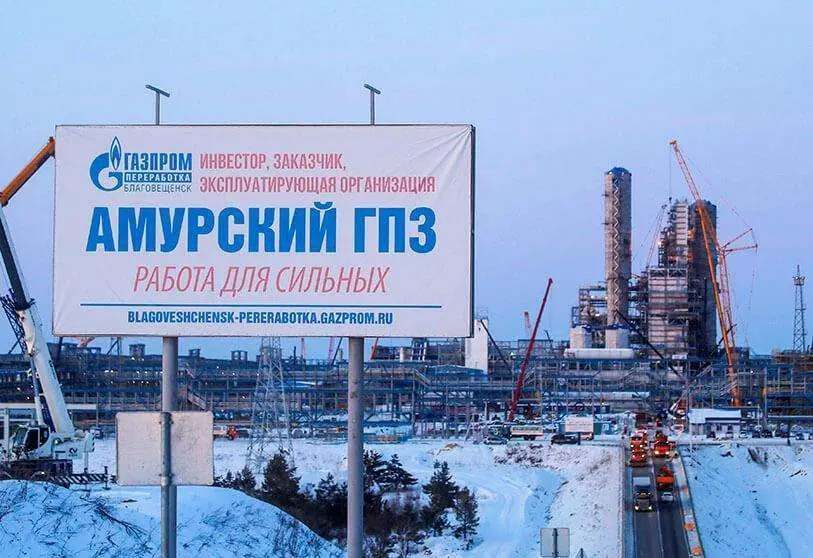Ukraine and the global economic crisis

Since 2014 the United States and the European Union have been waging three frontal wars against Russia: information, economic and financial. At that time, one of the first measures of Barack Obama's administration was to exclude Russia from the G8 and G20, followed by a cascade of sanctions aimed at strangling its economy. Now the administration of Joe Biden, who was his vice president, has followed the same script of sanctions, but more drastic ones that are also affecting the US, European and rest of the world's own economies.
Wars as powerful and destructive as the war waged on military battlefields, as trade sanctions, economic sanctions, banking blockades and restrictions on capital markets are having catastrophic repercussions on the world economy.
The United States, for its economic and strategic interests, dragged Europe into the war against Russia. According to experts such as Columbia University professor Juan Mcwhorter, "President Biden speaks of sanctions against Russia with an imperial arrogance to crush Putin's regime with humiliating economic strangulation, but his anger and that of his inner circle is leading them to fail to examine with caution the negative effects of their decisions on the US economy and the world".
Russia is the world's largest producer of gas and wheat, the third largest producer of coal, oil and titanium. It also controls a third of the world's fertiliser market and is a major player in the markets for other strategic and key minerals for the manufacture of key microchips in the development of new technologies around the world. So sanctions against Russia are affecting the world's raw material supply chains.
European countries, no matter how much populist measures they announce about new sanctions packages against Russia, have no short- and medium-term mechanisms to replace dependence on the daily supply of 4.5 million barrels of Russian oil and less than 155 billion cubic metres of gas per year.
The recently signed gas supply agreement with the United States supplies only 10 % of Russia's imports. Instead, the Russians are directing oil and gas sales to India, China and Malaysia. Only the Indian market, whose daily oil consumption is more than five million barrels a day, can supply exports to Europe.
Beyond the manipulation of information, a UN report on the repercussions of the war states that "69 countries are facing economic storms and among the countries most affected by the effects of the war are 25 in Africa, 25 in Asia and 19 in Latin America and the Caribbean". The report says that "36 of the world's poorest countries depend on Russia and Ukraine for more than half of their wheat imports, and the effects of the war have increased wheat and maize prices by more than 30%.
Pierre-Olivier Gourinchas, IMF chief economist, said that "the war was slowing countries' economic growth and is spurring inflation in economies around the world, as disruptions in Russian supplies of oil, gas and metals ripple through commodity markets and the global economy like seismic waves".
IMF head Kristalina Georgieva says "the war is contributing to the economic degradation of 143 countries, because it has disrupted global trade in energy, grains and threatens to cause global food shortages. In her view, the war is weakening the economic prospects of most countries in the world and "the inflation that economies are suffering is forcing central banks to raise interest rates and slow economic growth" and this amounts to "a massive setback for the global recovery". In conclusion: sanctions against Russia have become a catastrophe for the world economy.
@j15mosquera


